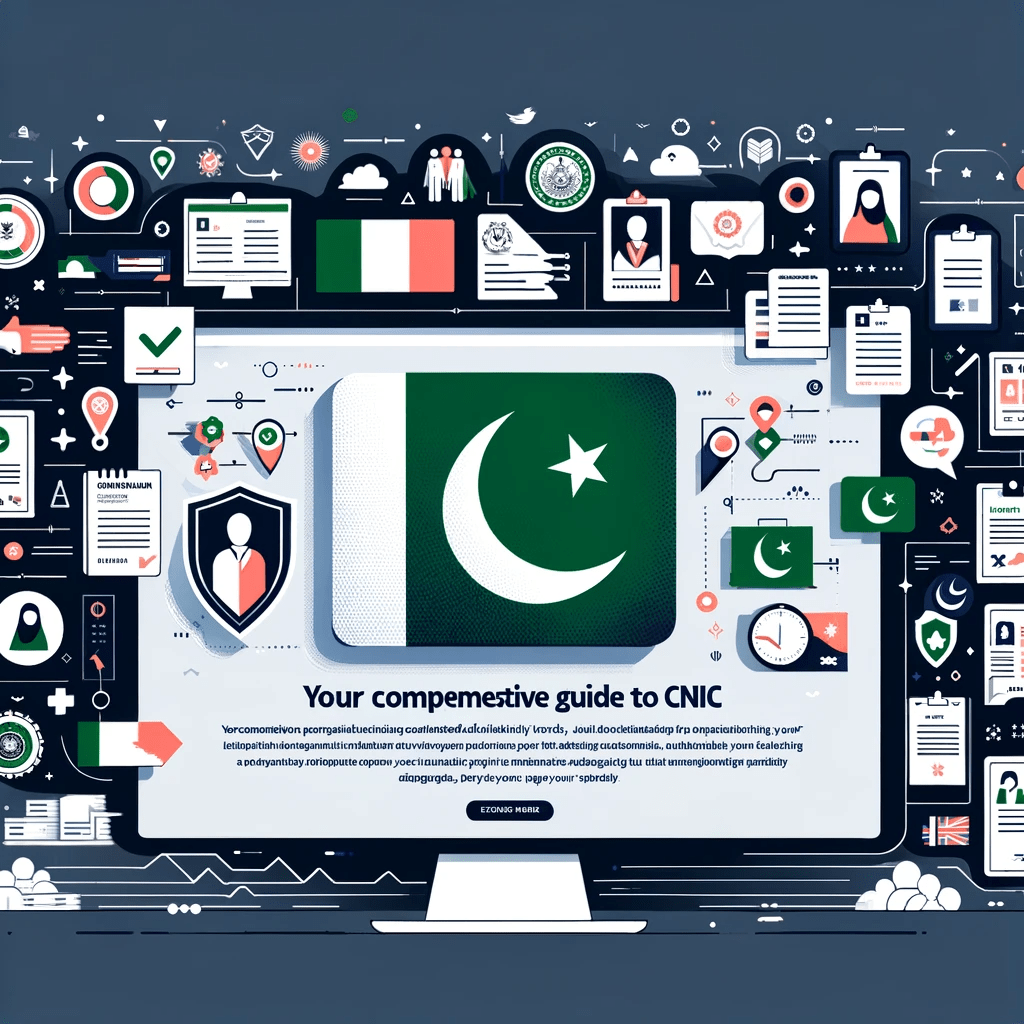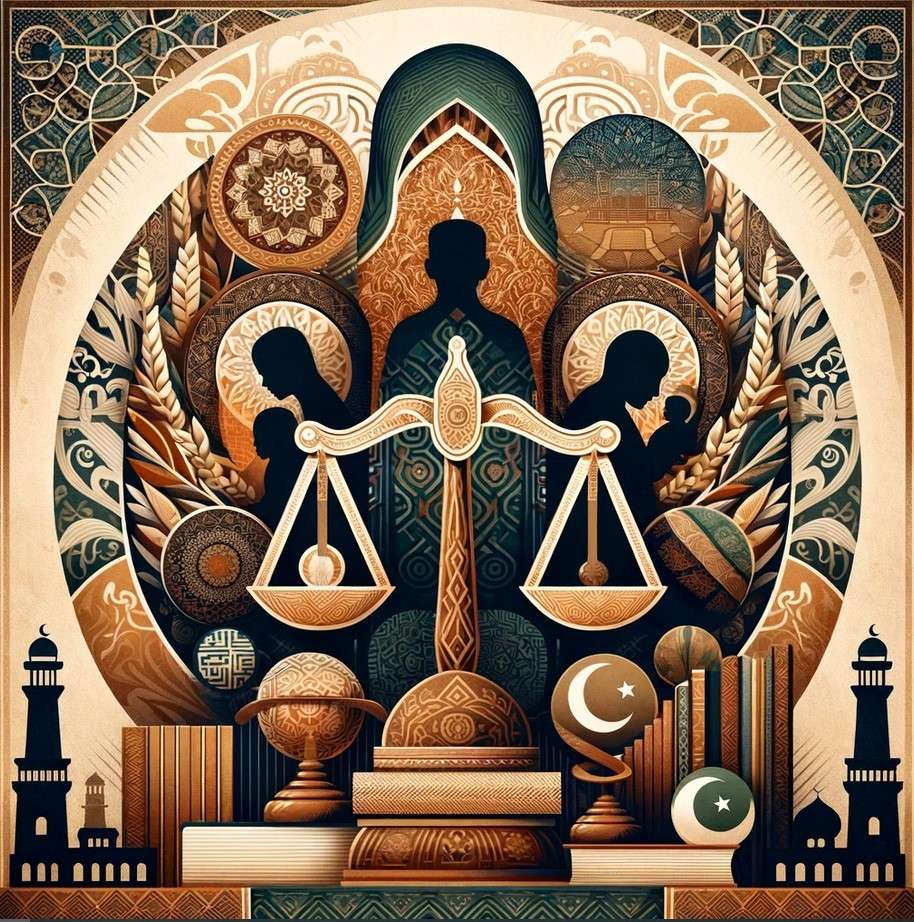How to Register a Trust Fund in Pakistan Trust funds in Pakistan serve as crucial instruments for estate planning, charitable purposes, and financial management. Historically governed by the Trust Act of 1882, Pakistan’s trust law underwent significant changes in 2020, when this colonial-era legislation was repealed and replaced by new provincial laws. These legal reforms, tailored to address contemporary financial challenges like money laundering and terrorist financing, marked a pivotal shift in the regulatory landscape of trust funds in the country. The concept of a trust involves holding property or assets by one party for the benefit of another. Trusts in Pakistan are now governed by distinct laws in each province and the Islamabad Capital Territory, reflecting the diverse legal needs of these regions. The introduction of these laws aligns Pakistan’s trust regulation with international standards, especially concerning transparency and accountability. Who can benefit from a trust fund in Pakistan? Setting up a trust in Pakistan is a strategic decision that can benefit various individuals and entities, depending on their specific needs and objectives. Individuals with considerable assets, who wish to ensure efficient and managed distribution to their beneficiaries, often consider establishing a trust. This includes families seeking to preserve wealth across generations, or those wanting to support minors, persons with disabilities, or other dependents in a structured manner. Moreover, entrepreneurs and business owners might establish trusts to manage and protect business assets, or to facilitate succession planning. Charitable organizations or philanthropists often use trusts to allocate funds for social, educational, or religious causes, ensuring sustained support over time. Trusts also offer a vehicle for investment ventures, like real estate or other commercial enterprises, providing a layer of legal structure and clarity. In essence, trusts in Pakistan are versatile tools that can cater to diverse needs, from personal estate planning to business management and philanthropic endeavors. Understanding the specific benefits and obligations of trust in the Pakistani legal context is crucial for anyone considering this option. Understanding the New Legal Framework The legislative landscape for trusts in Pakistan transformed in 2020 with the repeal of the Trust Act 1882. This change was enacted through the introduction of new provincial laws in Sindh, Punjab, Khyber Pakhtunkhwa, Balochistan, and the Islamabad Capital Territory (ICT). Each province crafted its legislation to cater to its specific legal environment while aligning with national objectives to combat money laundering and terrorist financing. These new laws address the Financial Action Task Force’s recommendations for stricter oversight of trusts and waqfs (Islamic charitable trusts). A significant aspect of the reform is the requirement for both movable and immovable property trusts to be registered, a departure from the earlier practice where only immovable property trusts needed registration. This step enhances transparency and accountability in trust management. The updated laws introduce stringent verification processes for trust registration. Trust applicants must now provide comprehensive details, including the purpose of the trust, the trustees, beneficiaries, and those exerting ultimate control. This ensures a more thorough scrutiny by the registering authorities and aligns with international standards of financial oversight. Furthermore, the new framework has brought pre-existing trusts under its ambit. Trusts established under the old law or otherwise are mandated to re-register under the new legislation, ensuring compliance with contemporary legal requirements. Types of Trusts in Pakistan: Private, Public, and Specialized Trusts in Pakistan can be broadly categorized into: Private trusts Public charitable trusts, and Specialized trusts Each is governed by specific regulatory frameworks under the new provincial laws. Private trusts are typically set up for the benefit of a select group of beneficiaries, often family members. Public trusts, on the other hand, are established for charitable, religious, or educational purposes, benefiting a larger section of the community. The 2020 legal reforms introduced the concept of specialized trusts. These are designed for more complex financial arrangements like collective investment schemes, pension funds, and employee benefit trusts. The laws in Sindh, Khyber Pakhtunkhwa, and ICT have carved out exemptions and distinct registration processes for these specialized trusts. For instance, they may require a no-objection certificate from relevant regulatory authorities, reflecting the specific nature and purpose of the trust. Registration processes vary depending on the type of trust. While private and public trusts must adhere to the general registration requirements, specialized trusts follow a slightly different pathway, emphasizing regulatory compliance in their specific financial domains. This differentiation is crucial for trust founders and trustees to understand, as it dictates the legal and operational framework they must navigate. Registration and Compliance Under New Laws The registration and compliance processes for trusts in Pakistan have become more stringent and detailed under the new provincial laws. Every trust, encompassing both movable and immovable property, now requires registration, a significant change from the previous legal framework. The registration process involves a comprehensive verification of information supplied by the trustee, which includes the trust’s purpose, details of the trustees, beneficiaries, and any persons with ultimate control over the trust. This detailed scrutiny is designed to enhance the transparency and accountability of trust operations. Once registered, some provinces, like Sindh and Khyber Pakhtunkhwa, require annual renewal of the registration, ensuring continuous compliance with the legal requirements. For existing trusts, the new legislation mandates re-registration. This includes trusts created under the old Trust Act 1882 or any other provincial regulations. This re-registration is essential for these trusts to continue functioning legally. The role of the trustee has also been expanded to include stringent record-keeping obligations. Trustees are required to maintain accurate accounts of the trust property and its income, including conducting third-party audits and submitting annual financial reports to the registering authority. Additionally, any significant changes related to the trust’s assets or associated persons must be promptly reported. Trustees’ Duties and Record Keeping Obligations Under the new trust laws in Pakistan, the responsibilities of trustees have been significantly expanded, especially in terms of record-keeping and compliance. Trustees are now required to maintain detailed accounts of the trust’s property and its income. This involves not only accurate record-keeping but also the










